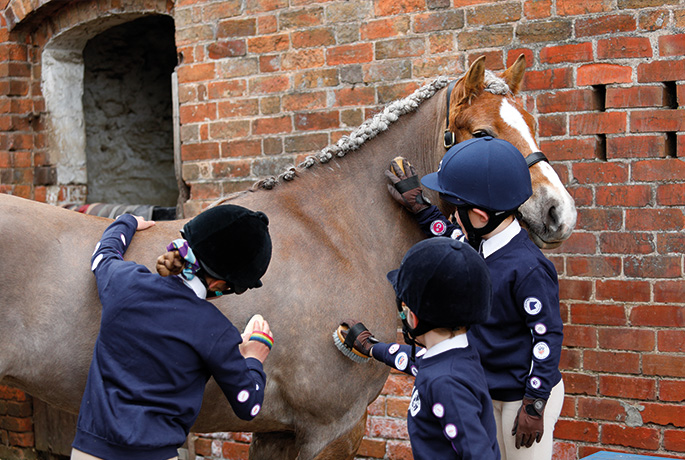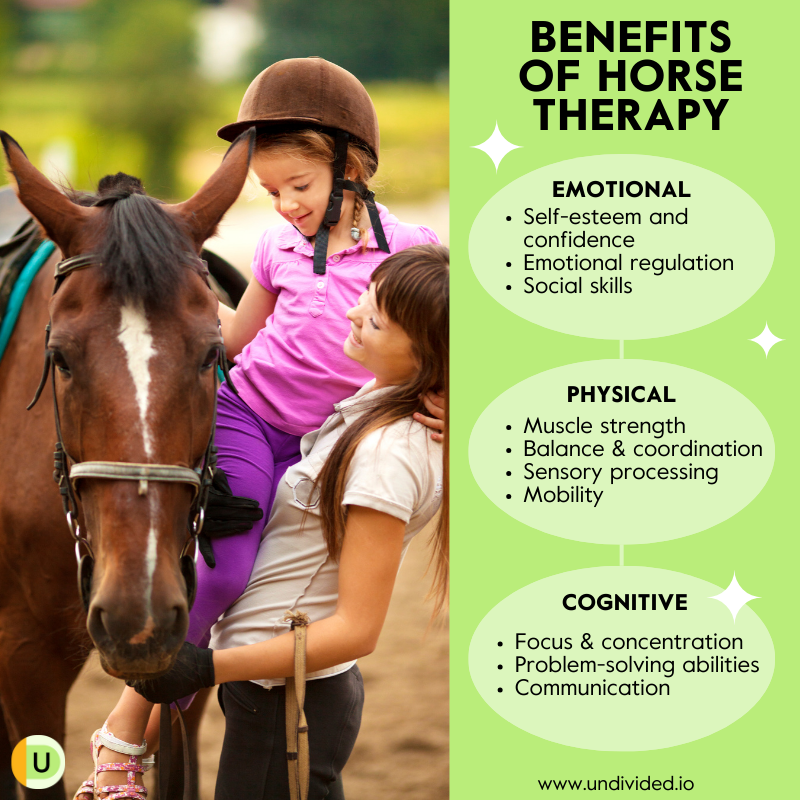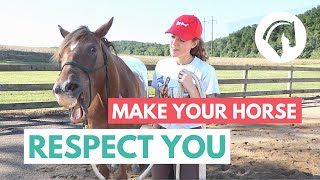Teaching Respect and Empathy Through Horse Care

Caring for horses offers a unique and powerful way to teach respect and empathy, especially to children and young adults. This blog article will explore how horse care fosters these essential social and emotional skills, providing practical insights and actionable advice.
Introduction

Horses are not just majestic animals; they are sensitive beings that respond to human emotions and behavior. Engaging with horses requires patience, understanding, and kindness, making horse care an excellent medium for teaching respect and empathy.
The Connection Between Horse Care and Emotional Development
- Respect for Living Beings: Horses demand gentle handling and consistent care, teaching individuals to respect another living creature’s needs and boundaries.
- Empathy Through Observation: Caring for horses involves observing their behavior and body language, which helps develop the ability to understand and share the feelings of others.
Key Components of Horse Care That Teach Respect and Empathy
| Component | Description | How It Teaches Respect and Empathy |
|---|---|---|
| Grooming | Regular brushing and cleaning of the horse’s coat and hooves | Encourages gentle touch and attentiveness to the horse’s comfort |
| Feeding | Providing balanced nutrition and timely meals | Teaches responsibility and consideration for the horse’s well-being |
| Exercise and Training | Engaging the horse in physical activity and learning commands | Builds trust and communication, reinforcing mutual respect |
| Health Monitoring | Checking for signs of illness or injury | Develops vigilance and care for the horse’s health and feelings |
Practical Tips for Teaching Through Horse Care
- Start with basic horse behavior education to build understanding.
- Encourage hands-on activities like grooming and feeding under supervision.
- Use storytelling to connect horse experiences with human emotions.
- Foster a routine that emphasizes consistency and responsibility.
Benefits Beyond the Barn
- Improved social skills and emotional intelligence.
- Increased patience and self-discipline.
- Enhanced ability to read non-verbal cues.
- Strengthened sense of compassion and kindness.
Frequently Asked Questions (FAQ)
Q1: At what age can children start learning horse care?
A1: Children as young as 5 can begin with supervised, simple tasks like grooming.
Q2: How does horse care improve empathy?
A2: By requiring attention to the horse’s needs and emotions, it helps individuals practice understanding and responding to feelings.
Q3: What safety precautions are necessary?
A3: Always supervise children, use proper equipment, and teach safe handling techniques.
Conclusion
Teaching respect and empathy through horse care is a rewarding approach that nurtures emotional growth and responsibility. By engaging with these gentle animals, individuals learn valuable life skills that extend far beyond the stable.
This structure ensures the article is informative, engaging, and optimized for SEO, with clear sections, practical advice, and interactive elements like tables and FAQs to enhance reader experience.
